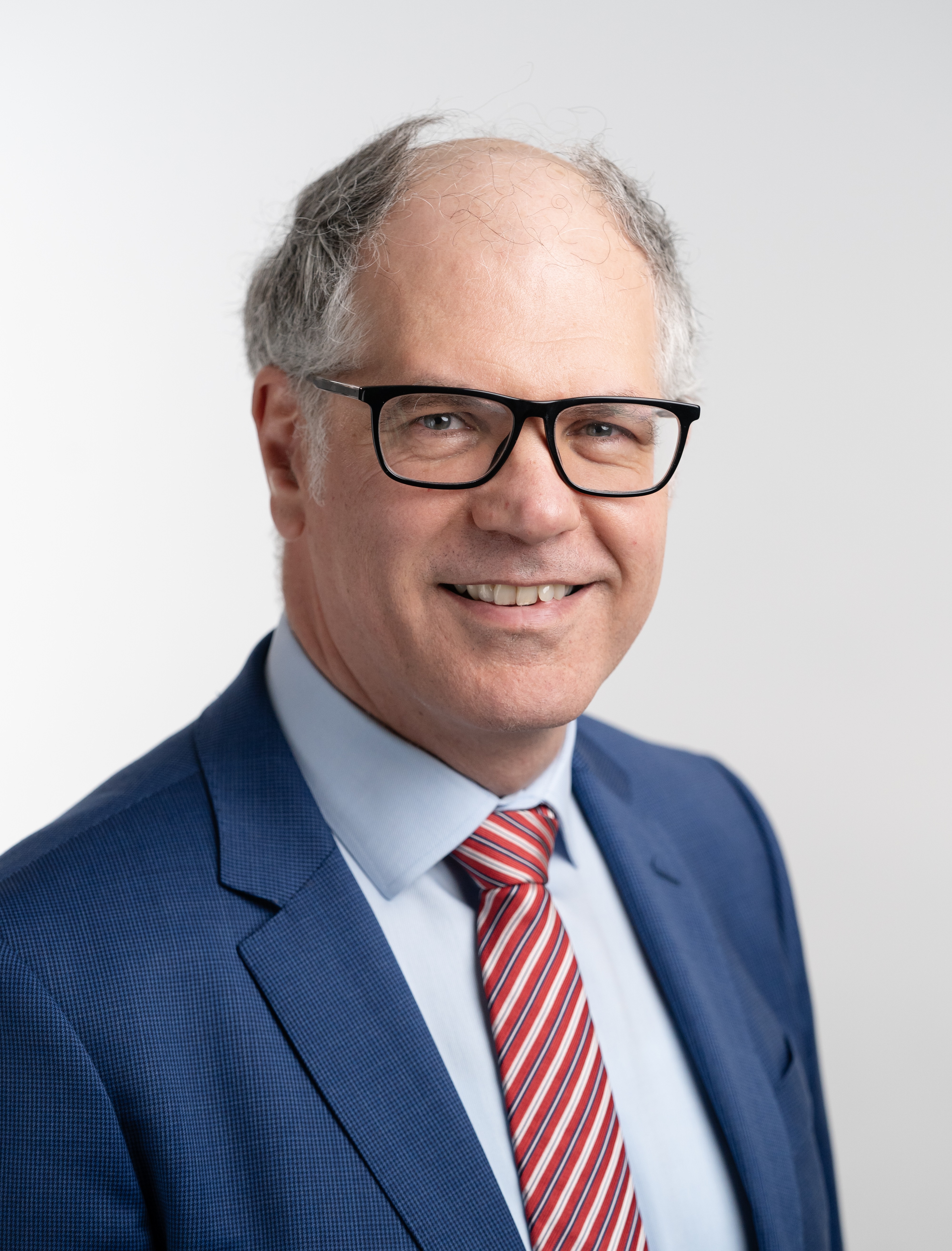The ambassador - Argentina-en
Meet the ambassador

Mauritz Verheijden
Mauritz Verheijden is the Ambassador of the Kingdom of the Netherlands to Argentina, Paraguay and Uruguay since August 2024.
Read the cv of ambassador Verheijden on rijksoverheid.nl (in Dutch).
You’d only been ambassador for a few months when Argentina won the World Cup. What was that like?
In which main areas are the Netherlands and Argentina working together?
‘Agriculture and the economy – stimulating bilateral trade – is one of the main issue that the Dutch embassy focuses on. The circular economy and innovation are other topics we’re going to be devoting more attention to going forward.
Sustainable energy has a lot of potential here, but it’s underdeveloped. This is an area where I see opportunities, and not just in Argentina, by the way. I’m also ambassador to Uruguay and Paraguay. Uruguay is a small economy, but it’s developing by leaps and bounds in the field of green hydrogen. We’re seeking to encourage the exchange of knowledge and partnerships in this area. One of the tasks of an embassy is to bring together knowledge and actors, by which I mean businesspeople, companies, knowledge institutions and government bodies, from the two countries in question.
One of the challenges facing Paraguay is deforestation. The Netherlands is seeking to promote sustainable agriculture and re-planting. Much of this deforestation is caused by farmers clearing land to plant crops like soybeans. To prevent deforestation, you need to consider alternatives, because farmers need a source of income.
We also cooperate with Argentina, Uruguay and Paraguay in the field of human rights, specifically on the themes of gender equality and LGBTI rights. To give a concrete example, Argentina recently appointed a special ambassador for feminist foreign policy. The Netherlands is currently developing such a policy as well and we will therefore work together to learn from each other.’
What do you regard as your most important task as ambassador?
‘As ambassador I try to identify a society’s dynamics and energy. And I aim to use them for our common benefit. Particularly in Argentina, where the economic crisis left deep marks in society. We recently had a breakfast with local authorities and members of the business community from the port of Rosario. Mayor Ahmed Aboutaleb of Rotterdam was also there. He said: “Don’t fixate on difficult circumstances. Make use of your shared influential position, identify and seize opportunities and don’t wait until the economic situation changes.” I saw that his message had the desired effect on his audience: they were enthusiastic about what he had to say.
I think this is also what our role as the Netherlands should be. In Argentina the Dutch are known for our entrepreneurial spirit and innovative thinking. Previously, embassies were mainly concerned with promoting Dutch trade interests. Obviously we still do this, for example by assisting Dutch businesses here. These days, though, we try to work together to address shared challenges, such as climate change, sustainability and energy.’
Can you offer a few examples?
‘I’m always inspired by initiatives led by small-scale, young and/or female entrepreneurs. We shouldn’t underestimate their impact. A startup from Córdoba recently won a prize at the World Economic Forum in Davos for an initiative that applied data intelligence to sustainable water use. I immediately asked our Argentinian agricultural staff member to get in touch with the company.
Another example is a partnership between Wageningen University and CREA – a platform comprising two to three thousand small agricultural producers – to develop production chains together, enabling these businesses to produce more, in a better and more sustainable way.
I’d also like to mention “Working Holiday”, a programme that gives young people from Argentina and Uruguay the opportunity to spend a year in the Netherlands gaining work experience and getting to know our culture in all its diversity. And it works the other way too: young people from the Netherlands can do the same in Argentina and Uruguay. It’s a wonderful project, which not enough people know about.’
What would you like to achieve as ambassador?
‘It strikes me that we talk a lot about untapped potential. But in fact, promising small-scale local or regional initiatives are being developed all the time – in the wine industry, in water management, or port management. I hope we can highlight those activities and promote that potential.
In addition, in 2023 our economic, agricultural and human rights sections will be exploring opportunities in Uruguay. It’s a small country, but it has a stable economy and democracy. A like-minded country with many opportunities, for example when it comes to green hydrogen. I hope my team can not only bring together the right players to find solutions to shared problems and inspire people, but also get satisfaction from their work.’
